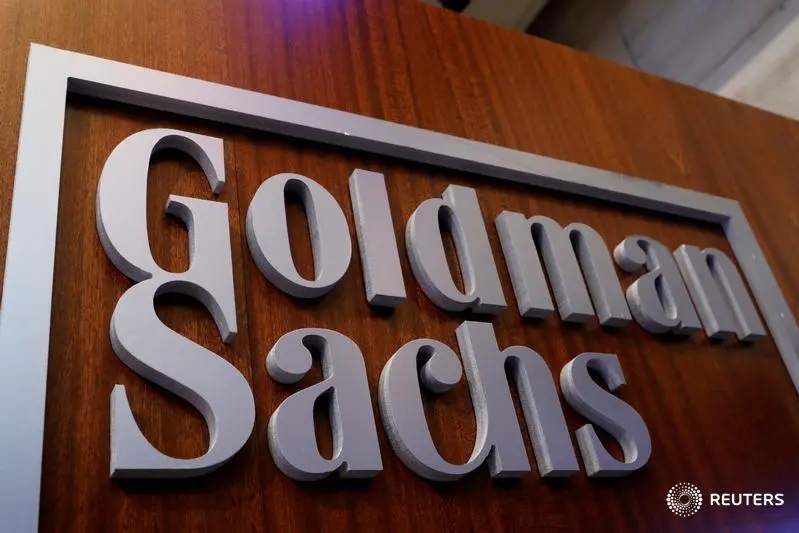PHOTO
Goldman Sachs has lodged an appeal with the U.S. Federal Reserve challenging its result in the regulator's most recent "stress test," which is set to force the bank to hold a greater amount of capital, the Financial Times reported on Sunday, citing people familiar with the matter.
The Federal Reserve's annual "stress test" exercise showed last month that the biggest U.S. banks would have enough capital to withstand severe economic and market turmoil but firms faced steeper hypothetical losses this year due to riskier portfolios.
The tested banks overall saw losses of 17.6% to existing loan balances on credit cards and among them Goldman Sachs recorded 25.4% in losses.
Goldman had one of the biggest increases in stress capital buffers (SCB) at 94 basis points.
How well a bank performs on the stress tests dictates the size of its stress capital buffer (SCB) - an extra cushion of capital the Fed requires banks to hold to weather a hypothetical economic downturn.
The Federal Reserve and Goldman Sachs declined to comment on the Financial Times report.
Goldman has said it will engage with the regulator to better understand why its SCB jumped.
"This increase does not seem to reflect the strategic evolution of our business and the continuous progress we've made to reduce our stress loss intensity," CEO David Solomon said in a statement last month. (Reporting by Akanksha Khushi in Bengaluru; Editing by David Evans and Will Dunham)





















